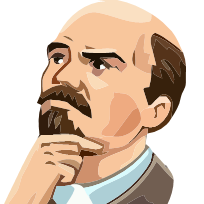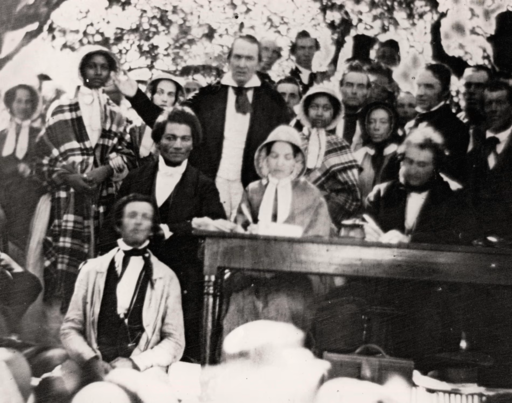

Iirc I read complaints that the Pixel 8 had a screen glass with curves at the edges which made it difficult to apply a tempered glass screen protector. If protecting the screen from damage with a tempered glass screen protector is important to you then I’d recommend double-checking whether the model you’re looking at works fine with such protection. (I don’t think I’ve seen anything about the newer Pixel models having that issue, but it doesn’t hurt to double-check.)











If it’s based in Australia I wonder what the implications might be regarding surveillance, since Australia is a member of the Five Eyes, as well as any state censorship in service of Zionism, etc.